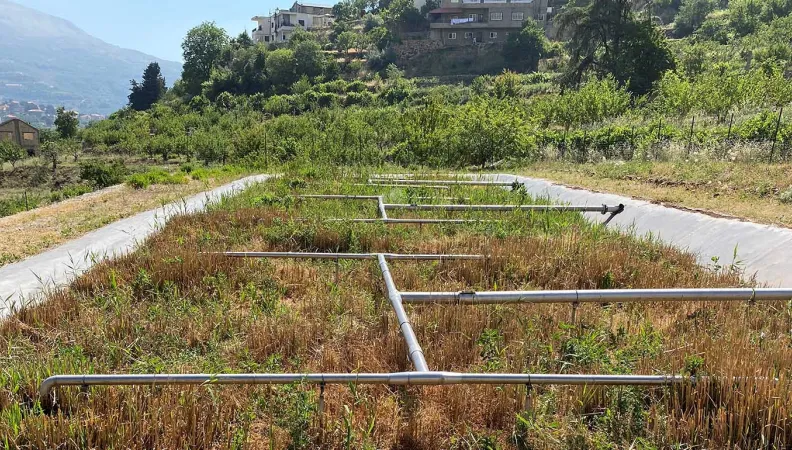Share the page
Pilot community sanitation in the Qadisha Valley
Project


-
Project start date
-
Status
Ongoing
-
Project duration
-
6 years
-
AFD financing amount
-
€ 34 000 000
-
Country and region
-
Location
-
North Lebanon
-
Type of financing
-
Beneficiaries
-
Lebanese Republic
The lack of collective sustainable wastewater treatment in the Qadisha Vallley is a relevant threat to the environment, health conditions, and heritage. In response to these challenges, AFD is financing, through a sovereign loan, the implementation of an integrated collective sanitation system in the Qadisha Valley.
Context
Since the 1990s, Lebanon has put sanitation on the public policy agenda. The implementation of a “2020 water strategy” has set ambitious targets for collection and sewage treatment, in a difficult demographic context, marked by the inflow of displaced. Despite significant efforts, most of the wastewater is not yet treated and people access to sanitation remains insufficient.
The Qadisha Valley, an exceptional mountainous and heritage area, is particularly threatened by the environmental and health problems associated with untreated wastewater.
As per the Lebanese Government initiative, the Qadisha Valley master plan has been updated to respond to these sanitation challenges in the best way, by promoting natural rather than mechanized technology, as well as extensive sewage systems. AFD funding will contribute to the implementation of this master plan.
Description
The objective of the project is to improve the living conditions of people living in Qadisha Valley, as well as those living in the 3 districts (caza), Batroun, Dennieh, and Koura. The project should allow the implementation of an integrated community sanitation system and develop sustainable operational skills.
The project consists of 3 main components:
- Financing of collection and treatment infrastructure, in particular through the Reedbed Filter treatment systems;
- Implementation of an innovative governance mechanism of support, coordination, collaboration, and dialogue targeting all project stakeholders: the Council for Development and Reconstruction (CDR), the North Lebanon Water Establishment (NLWE), the Ministry of Energy and Water, the municipalities, as well as the final users;
- Implementation of capitalization actions to evaluate and highlight the approaches applied in the framework of this pilot project in order to reuse them in other mountainous and rural areas of the country.
Impacts
- Positive economic effects in terms of rehabilitation/development of the districts tourism potential;
- Improvement of sanitary conditions and protection of natural water resources;
- Strengthening sectoral governance among stakeholders;
- Capacity building and transfer of technical expertise;
- Improvement of the sustainability of the sanitation service.


